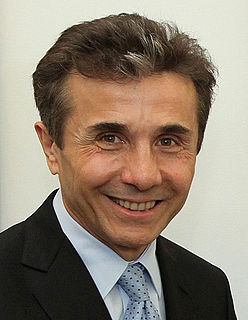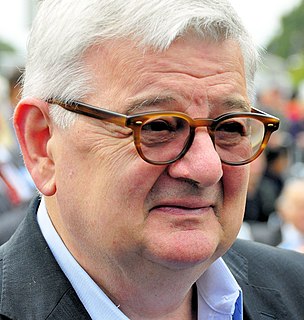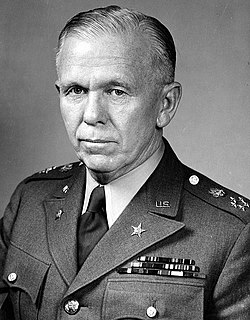A Quote by Bidzina Ivanishvili
A difficult regional situation doesn't justify one man's determination to hold onto power. It's clear to me that democratization is a very complicated process.
Related Quotes
I think one difficulty is that the problem is one of such enormous complexity that the very mass of facts presented to the public by press and radio make it exceedingly difficult for the man in the street to reach a clear appraisement of the situation. It is virtually impossible at this distance to grasp at all the real significance of the situation.
Too many poets write poems which are only difficult on the surface, difficult because the dramatic situation is easily misunderstood. It's not difficult to write poems that are misunderstood. A drunk, a three-year-old-they are easily misunderstood. What is difficult is being clear and mysterious at the same time. The dramatic situation needs to be as clear in a poem as it is in a piece of good journalism. The why is part of the mystery, but the who, what, where, and when should all be understood.
Even after the whole democratization process, it's quite clear that the United States are not seen in a positive way in all the Muslim-majority countries - in Egypt, in Libya, even in Tunisia - even though we have now a kind of trying to be recognized as democrats by the Islamists who are running, you know, Tunisia and Egypt. But the popular sentiment is very, very negative.
The struggle for justice should never be abandoned because of the apparent overwhelming power of those who seem invincible in their determination to hold on to it. That apparent power has, again and again, proved vulnerable to human qualities less measurable than bombs and dollars: moral fervor, determination, unity, organization, sacrifice, wit, ingenuity, courage, patience.
We have been engaging the Government of Swaziland for some time on this issue of the democratization of Swaziland. In particular, I had asked the Deputy President to engage the Government on this and, indeed, he has. We will continue to do this, because we do think that, as has been communicated to the Government of Swaziland, that Swaziland must go through this democratization process, a constitution-making process in which they have been engaged for some time, and really seek a national consensus about it.



































